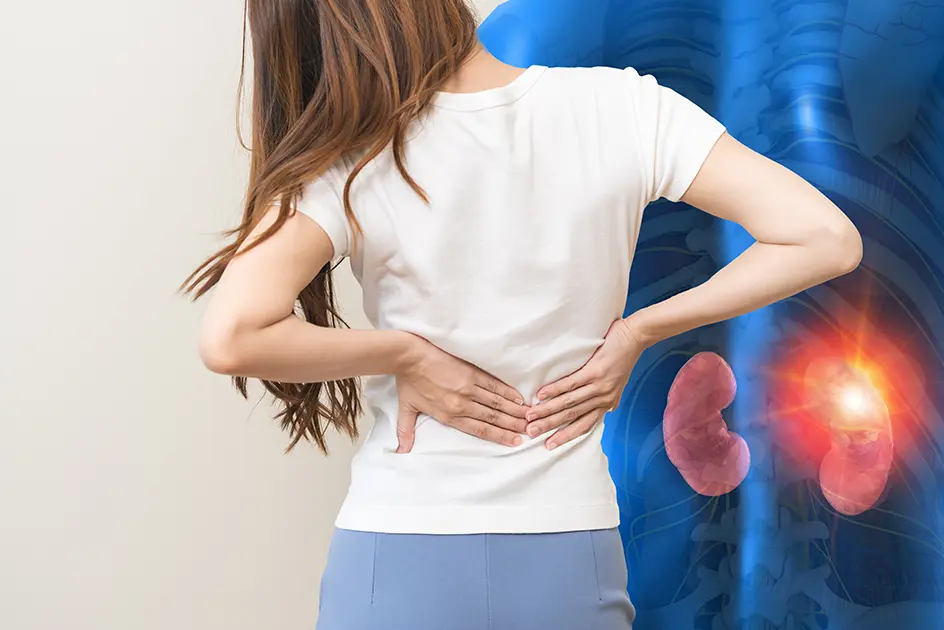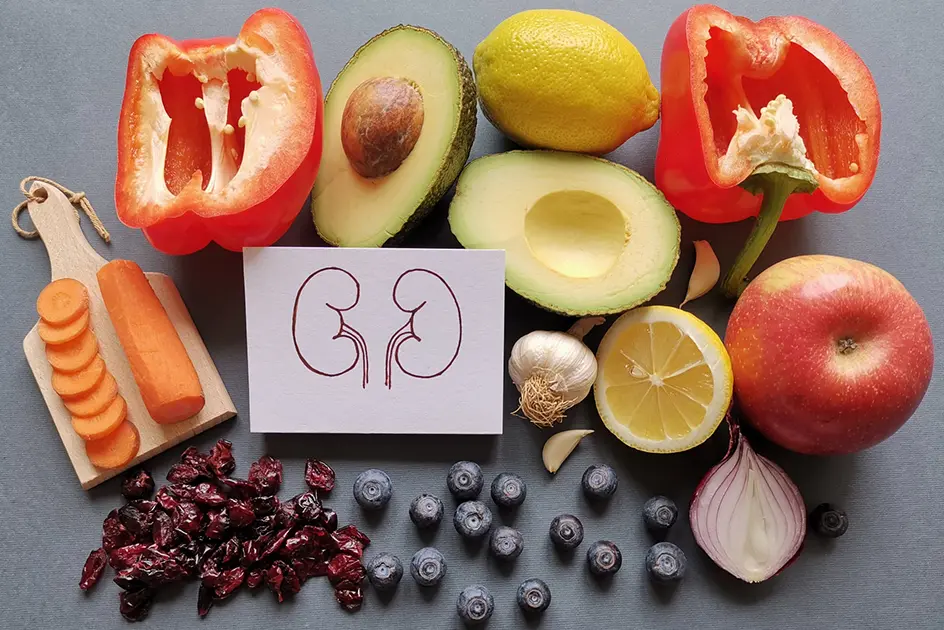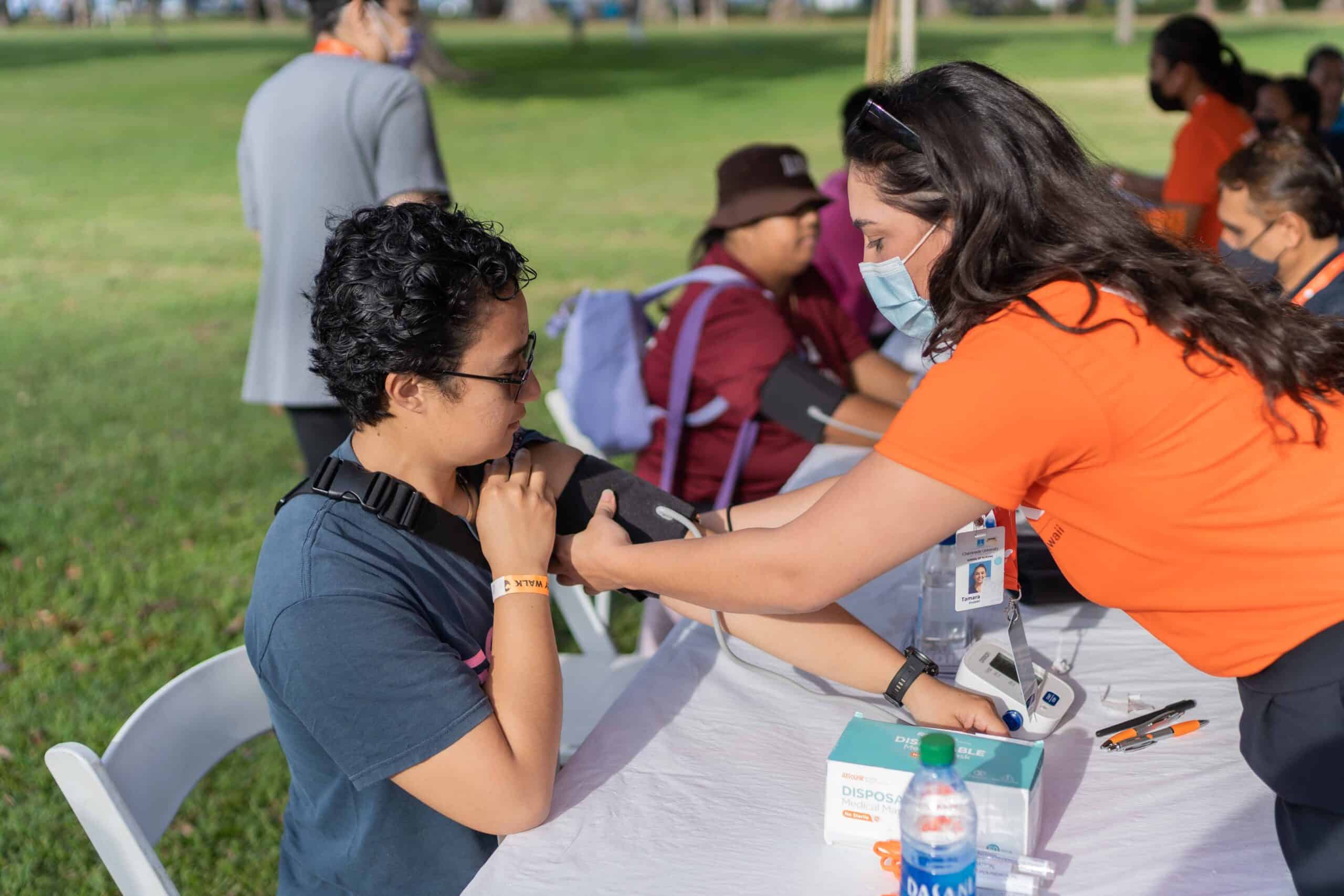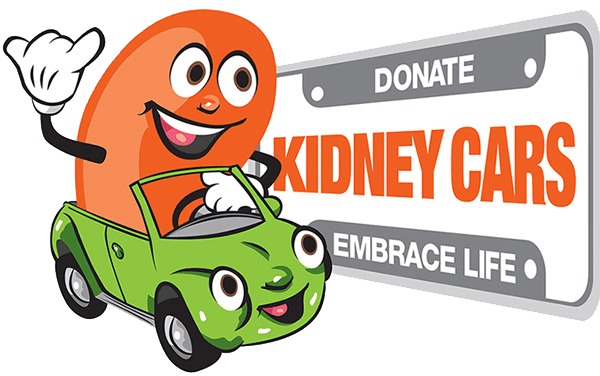The ketogenic diet, or “keto diet,” is one of a series of trendy low-carbohydrate (“low-carb”) diets that include the Atkins diet, the South Beach diet and the Zone diet. It was developed at the Mayo Clinic in 1924 as a treatment for epilepsy in children. In recent years the ketogenic diet has made a comeback and today, medical teams are once again using it as a therapy for epileptic kids whose seizures do not respond to medications. The medical ketogenic diet relies on precise ratios of fat to protein and carbohydrates so it requires careful monitoring by a medical team. This is because the diet is not balanced and can lead to nutrient deficiencies among other things.
The “keto diet” got its name from ketones, which are the source of energy that the body uses when it’s burning fat. The goal of the keto diet is to put the patient in a state of ketosis through a diet that’s high in fat and ultra-low in carbs with moderate amounts of protein. In simple terms, ketosis occurs when there is a metabolic shift, where the body uses fat as the primary energy source instead of carbs.
The keto diet is NOT a high-protein diet. It is a low-carb, high-fat diet typically containing a percentage of total calories as follows: 5% carbohydrates, 75% fat, 20% protein. By contrast, National Health Guidelines suggests intaking 45-65% carbohydrates, 20-35% fat, and 10-35% of protein.
Another Fad?
Because this diet is so restrictive and individualized, it isn’t a healthy option for the general population. You would be missing out on too many essential nutrients and probably experience unpleasant side effects as well. The effects of maintaining ketosis for long periods of time are unknown. There’s a lot of misinformation online about the ketogenic diet. Most people calling their diet a “keto diet” are simply following a low- or very low-carbohydrate diet. In other words, most keto diets are only keto-like in that they replace some of the carbs in a person’s diet with fat and protein. Ketogenic in the clinical sense limits carbs to as few as 10 grams a day. Low-carbohydrate diets can be helpful in the short term for weight loss. However, as with the true medical ketogenic diet, most people can’t stick with a very low-carbohydrate diet for the long term.
Nutrient Deficiencies
Any time you remove a macronutrient group like carbohydrates, your body is going to be losing some of the essential nutrients that come from that food group (B vitamins, vitamin C, phytochemicals and fiber). Although many people label carbohydrates as “bad,” not all carbs are created equal. The key is to choose smarter carbs: sweet potatoes, steel-cut oats, quinoa and fruit rather than white pasta, white bread, white rice, and pastries.
Long-Term Effects?
People think, ‘Oh, this diet sounds great – I can eat bacon and cheese and I can still lose weight,’ then they drop pounds quickly and are instantly gratified. It’s true that cutting carbs often leads to rapid weight loss, but in the first week or two much of the loss is water weight because our bodies store water with our carbs. However, over the long term, a diet high in saturated fats increases the risk of heart disease and stroke. Keto diet or not, the fats we should be eating are unsaturated fats, which actually lower the risk of heart disease and stroke. Healthier fats include olive oil, canola oil, walnuts, avocados, and fish.
Sensible Eating is Best
The latest research shows that the ability to stick to a diet is key. If a low-carbohydrate diet or keto diet is a practice that works for you and you are able to maintain it for as long as it takes to lose excess body fat and you are meeting your nutritional requirements, then science says that this should be encouraged. As of yet, there hasn’t been enough research into the ketogenic diet to support its use in some medical conditions like Polycystic Ovarian Syndrome, Alzheimer’s, Parkinson’s, and cancer. Eating a well-balanced keto diet is costly. For most people, following a low-carbohydrate diet, rather than a no-carbohydrate diet, is much more practical as it will allow for the inclusion of fruit and all vegetables. This represents much better dietary balance and usually leads to people sticking with it for longer.
To Keto or Not to Keto?
As always with weight loss, it all comes down to taking less energy in than you burn. Rather than following a keto-like diet or other low-carb eating plans, focus on smart choices in all of the food groups while paying attention to portion sizes. You will not only be happier, you will be healthier too!
Remember that science involves being inquisitive and skeptical. This means we should all remain open to what high-quality scientific research on the keto diet will show in the future, but we shouldn’t be jumping to conclusions that are not available yet. Work with an experienced Registered Dietitian and your medical specialist to help you sort through and make sense of the research and determine the best eating plan for your needs.
This information is meant to be used as a resource and is not meant to replace medical advice. For more information, contact programs@kidneyhi.org.















